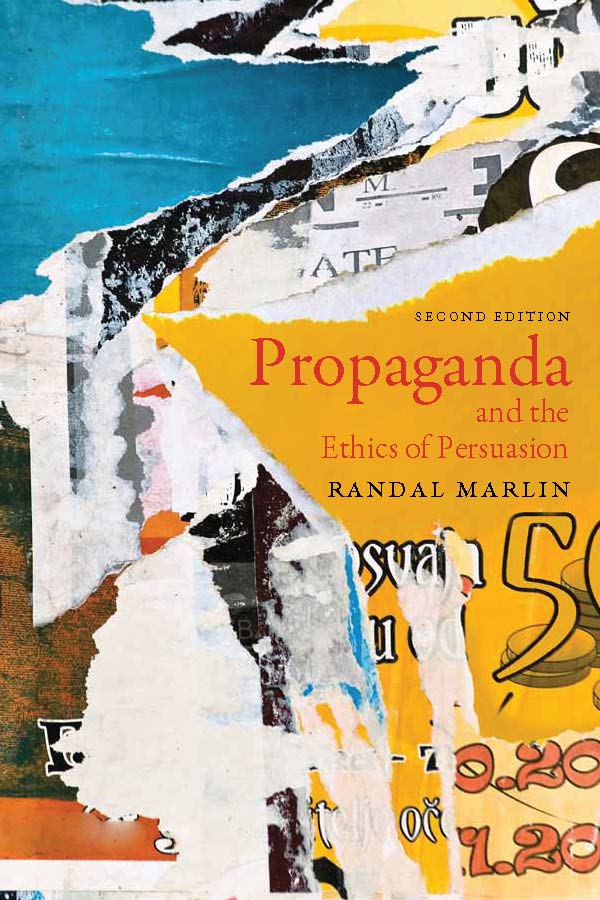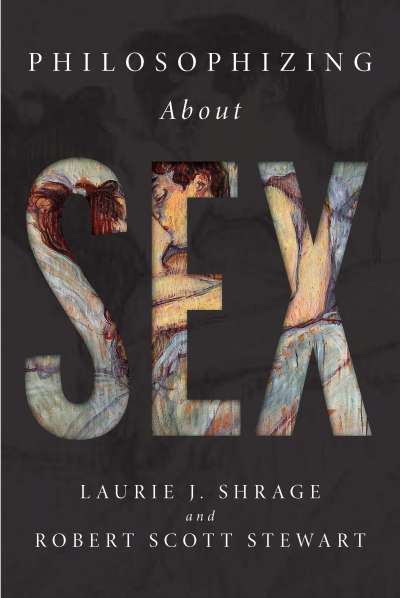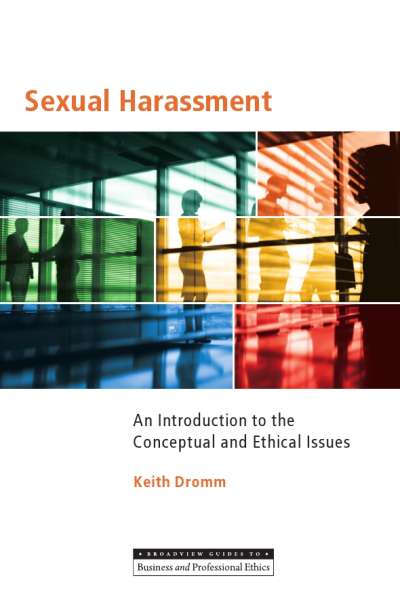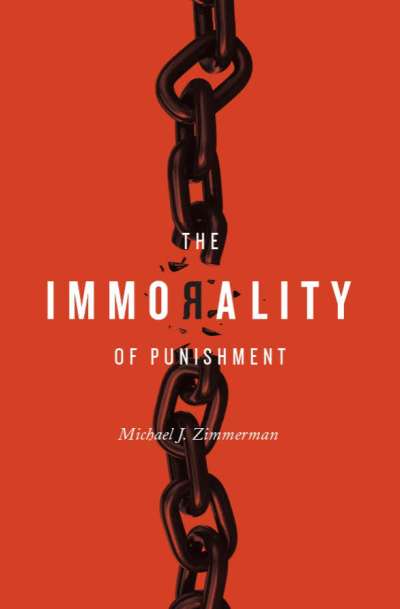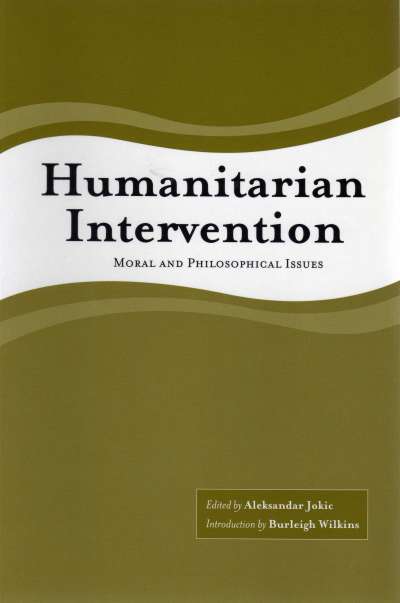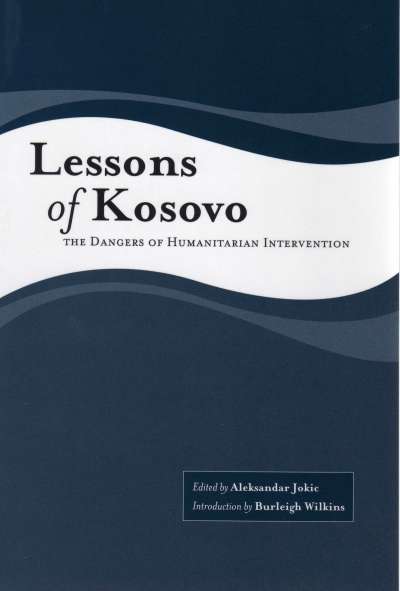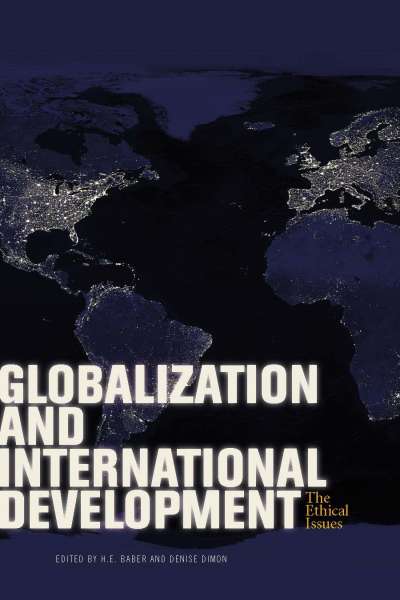This book develops a sophisticated account of propaganda and its intriguing history. It begins with a brief overview of Western propaganda, including Ancient Greek theories of rhetoric, and traces propaganda’s development through the Christian era, the rise of the nation-state, World War I, Nazism, Communism, and the present day. The core of the book examines the ethical implications of various forms of persuasion, not only hate propaganda but also insidious elements of more generally acceptable communication such as advertising, public relations, and government information, setting these in the context of freedom of expression. This new edition is updated throughout, and includes additional revelations about a key atrocity story of World War I.
Comments
“Propaganda and the Ethics of Persuasion is a book we need now more than ever. It is a stand-alone resource for those who don’t know anything about propaganda, want a refresher, or want to see how propaganda has fared in the digital age. Marlin’s clear, strong writing brings home the enormity of propaganda’s reach and the danger it represents to all of us.” — Tim Blackmore, University of Western Ontario
“In the tradition of George Orwell’s Nineteen Eighty-Four and Jacques Ellul’s Propaganda, this book will become a classic of the 21st century as theirs were of the 20th. Its substance, exceptional clarity and unsettling relevance show a master teacher at work.” — Clifford G. Christians, University of Illinois
“… [Randal] Marlin’s book should be on the bookshelf of any serious scholar of propaganda and persuasion.” — Gary James Jason, Dialogue
“… the acknowledged classic in the field”— William Lyons, Emeritus Fellow of Trinity College Dublin
Comments on the first edition:
“Concerted efforts to ‘direct the thought of the world’ have become a dominant feature of modern life, notably in the more free societies, where direct coercion is less feasible. This study is a welcome contribution to increasing public awareness and understanding of these critical matters. It approaches them with historical depth and insightful commentary, also raising and investigating hard questions of propriety and limits that should be the focus of intense concern.” — Noam Chomsky, M.I.T.
“ … so terrifyingly relevant to the troubled world of today … excellent book … so measured, so wide-ranging. … ” — Barbara Wright, Trinity College, Dublin
“Marlin’s reflections have been well marinated, coming as they do, he tells us, from three decades of studying ‘the day-to-day manifestations of opinion, in newspapers, radio and the university workplace.” — Patrick MacFadden, Literary Review of Canada

